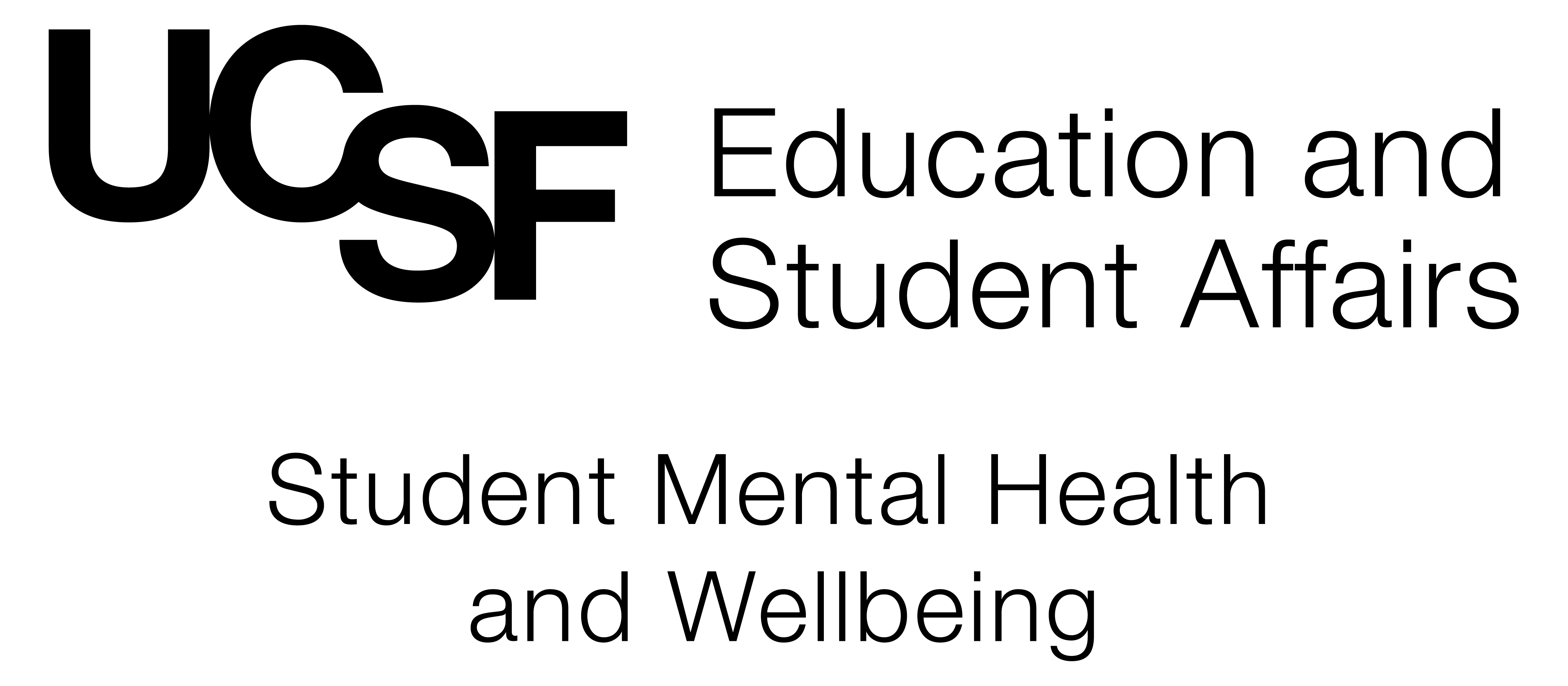Non-occupational exposure to HIV and other blood borne pathogens can occur if fluid containing the virus makes contact with mucous membranes or non-intact skin. Fluids from individuals who are HIV positive may contain HIV in blood, semen, vaginal secretions, breast milk, or any other body fluid that happens to be contaminated with blood.
The CDC recommends that individuals who have had a non-occupational exposure (such as unprotected sex with someone known to be HIV positive) receive prophylactic medication within 48 to 72 hours after the exposure.
Students who believe they have had a non-occupational exposure should contact their primary care provider as soon as possible to determine if treatment is needed. Your primary care provider can prescribe the medication if deemed necessary, and can order appropriate testing for other pathogens as well. Alternatively, students who are unable to get to their primary care provider within 48 to 72 hours should report to the nearest emergency room or urgent care clinic for evaluation and treatment.
As a reminder, any occupational exposures such as in a research lab or a clinical exposure to blood borne pathogens must be reported to the local Needlestick hotline program right away for evaluation and treatment if indicated. For more information, please see Needlestick Injuries.
